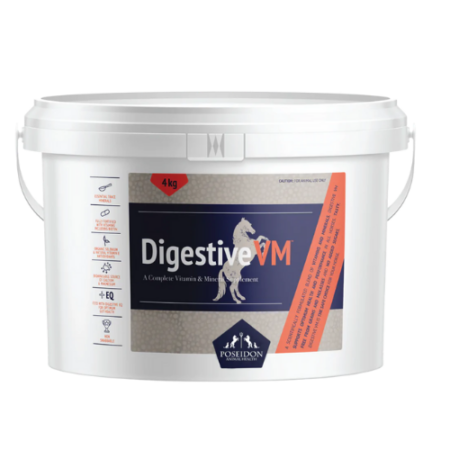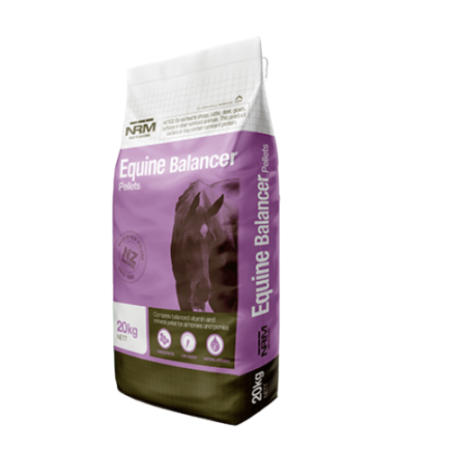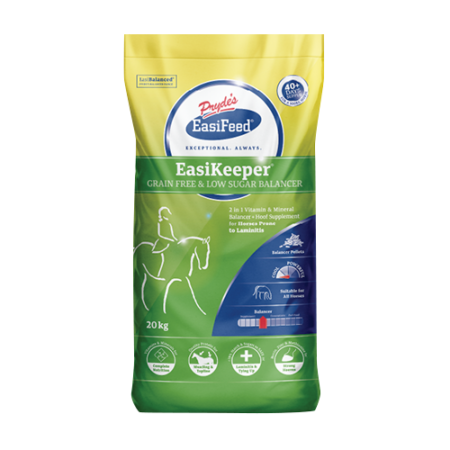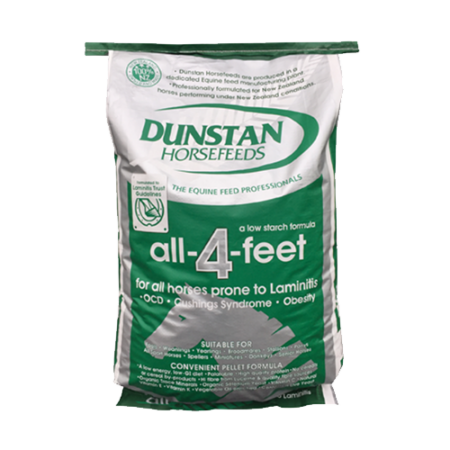Metabolic Syndrome and Obesity
Equine metabolic syndrome is an increasingly important endocrine disease. It is characterised by obesity or localised fat deposits, insulin resistance, and subclinical or clinical laminitis. EMS is overrepresented in ponies and certain breeds of horses, but can affect any equine.
EMS horses are often referred to as “good doers” and are typically overweight, cresty, and middle aged. EMS horses are also prone to bouts of laminitis. It’s thought that this could be due to insulin resistance, which causes horses to overproduce insulin, thus inducing laminitic signs. However, much is still yet to be understood about the role insulin plays in laminitis, and this is still a developing area of research. Testing for insulin resistance in horses with EMS should be discussed with your veterinarian.
At its core, treatment of EMS centres around exercise and dietary management, although there are other therapeutic options that your vet can prescribe as well. EMS horses are fed like laminitics because we are aiming to reduce carbohydrate intake. Often these laminitic horses are EMS horses as well, and addressing the endocrinopathy will help address the laminitis. Exercise is very important with EMS patients, however only if appropriate (i.e. the horse is not lame). Monitoring weight in response to your management changes is critical to ensure that what you are doing is working. Weigh bridges are the most accurate way to monitor this. Weight tapes are less accurate but can help monitor changes easily.
For more information around feeding EMS and laminitic horses, see the nutrition hub section on laminitis.
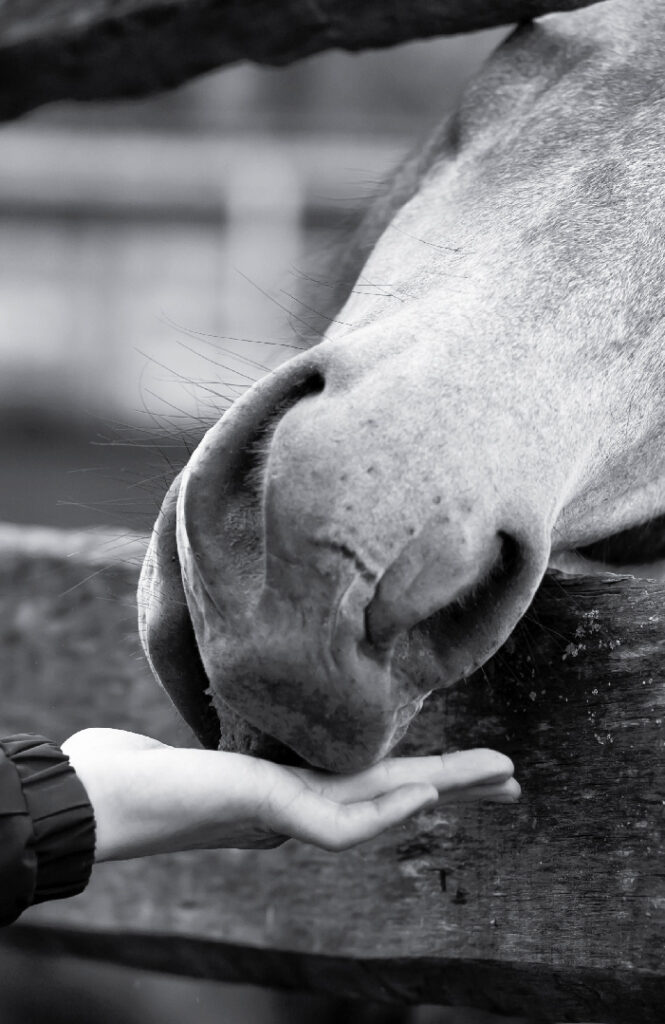
Forme Equine products recommended for at risk horses and ponies:
Below is a selection of low starch, low sugar and grain free feeds which are suitable for horses with EMS or obesity. Horses fed fibre only diets may benefit from a low calorie balancer pellet or vitamin and mineral supplement to ensure that they are receiving the important nutrients they need, particularly if they are being maintained solely on low quality or soaked hay. Gastric supplements may also be of use if your horse is experiencing increased levels of stress under their new management regime.
If you think your horse/pony has laminitis, EMS, or you are concerned about your horse/ponies condition, seek veterinary advice.
Here are some links which include more comprehensive information around feeding and managing equines at risk of metabolic syndrome and/or obesity:
Grazing Overweight Horses: Restricted Access Appropriate at Times
Strip-Grazing: Management Tool to Fight Obesity
Omega-3s Helpful for Horses with Metabolic Syndrome
Pasture Management For Horses With Metabolic Related Disorders
Feeding Horses With Equine Metabolic Syndrome (EMS)
Does Soaking Hay Really Reduce Carbohydrate Content?
Metabolic Disorders In The Modern Horse
What Type of Roughage is Best for Your Horse?
Horse Management: Grazing Muzzle Musings
FeedXL is also a great resource.

